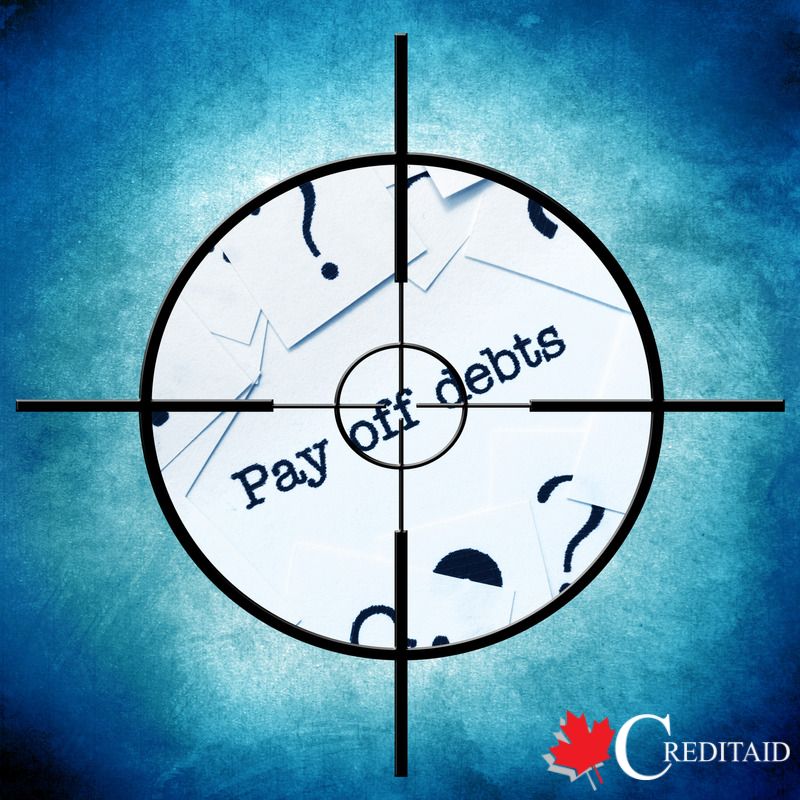It’s a common debate consumers face – do you pay down your debt or save money? You want to get rid of your debt, but you also need money saved for emergencies, so what do you do?
What if you could have the best of both worlds?
If you pay down your debt but continue ‘paying yourself’ the interest, you’ll get out of debt AND save money.
Here’s how!
Paying Down your Debt to Save Money
It sounds difficult to pay down debt and save money, but it’s possible with these simple steps.
Create a Debt Payoff Plan
Before you can pay down your debt, you need a plan. Just throwing any money you have at your debt doesn’t work. You need to strategically pay your debts down.
Figure out how much money you have to put toward your debt and make that payment every month to one debt. You can choose the smallest debt for small victories, or the debt with the highest APR to limit your interest expenses.
Pick a strategy, stick to it, and your debts will be paid off before you know it!
Save the Interest Money
Once you pay your debts down or off, look at the interest savings. Rather than keeping the money in your checking account, move the money you would have spent on interest into your savings account.
For example, if your credit card costs you $50 a month in interest, move $50 a month to your savings account. If you do this for every debt you pay off or down and save on interest, you’ll have a much larger savings account than you thought possible!
Make Sure you Have an Emergency Fund
Before you starting saving the interest, make sure you have an emergency fund set up. An emergency fund is money set aside should you lose your job or your income because you’re sick. Your emergency fund should have 3 to 6 months of expenses in it or just enough to ensure you get by while you figure things out.
If you don’t have an emergency fund yet, focus there first. At the very least, have $1,000 saved for a simple emergency, but aim to have at least 3 months of expenses put aside to help in your time of need. It is always better to be prepared and not need it, than need it and not have it!
Include Savings in your Budget Moving Forward
Once you get out of debt, it’s important to create a budget that includes savings in it each month. Even if you can only save a small amount of money every month, every dollar counts. If you have your money in an interest-bearing account, the interest will compound and the money you saved today will be worth more tomorrow.
Final Thoughts
Choosing between paying down debt and saving money is a difficult decision, but you can have the best of both worlds. The key is once you get yourself out of debt, stay out of it and always keep saving for your future goals.
If you want help navigating the process of getting out of debt, talk to one of our credit counsellors today. Book a free consultation.


